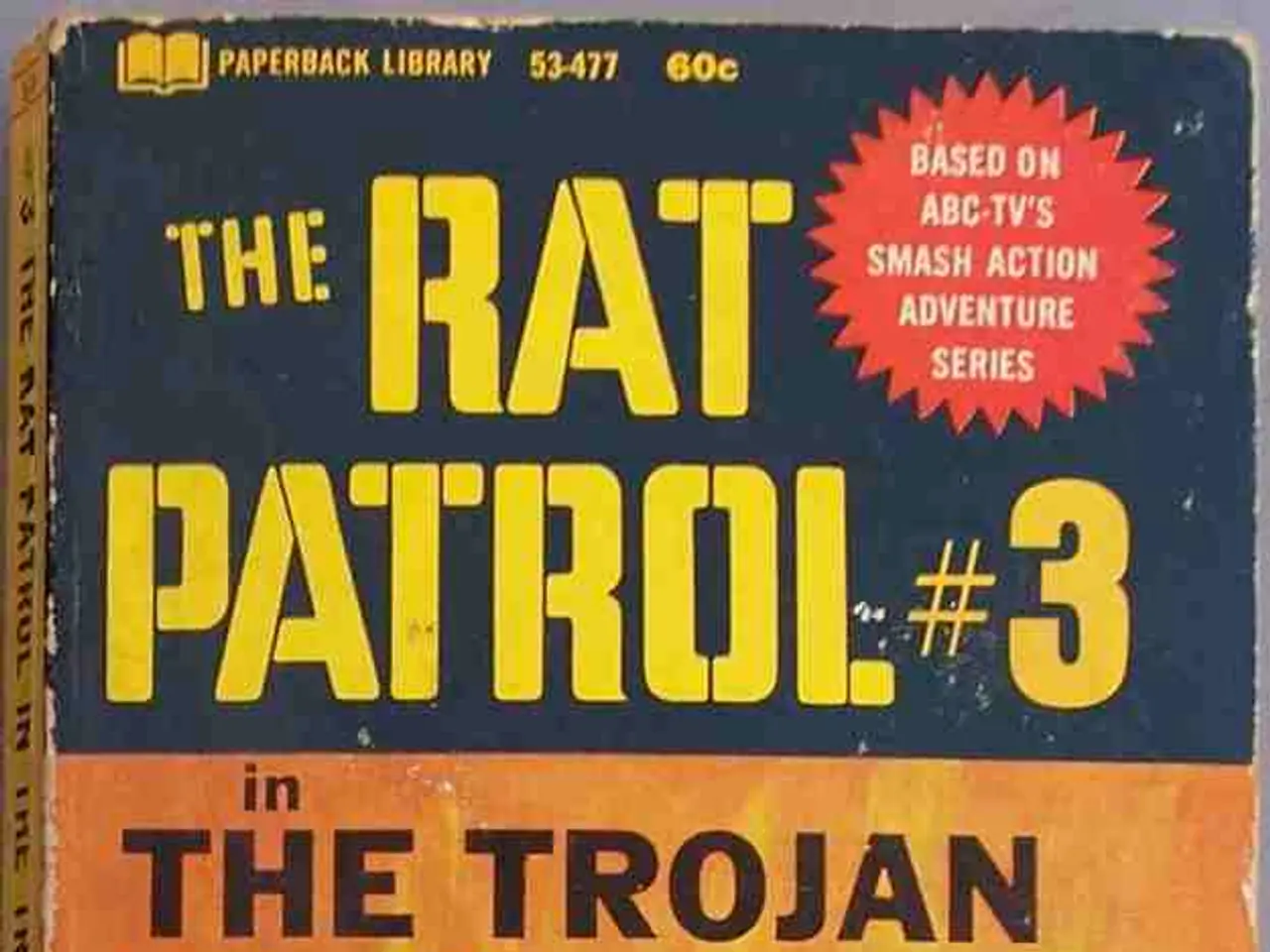India's Strategy to Combat Insurgencies: A Look at Their Counterinsurgency Measures
In a recent episode of the Irregular Warfare Podcast, hosted by Jeff Phaneuf and Adam Darnley-Stuart, the focus was on India's counterinsurgency approach throughout its history. The discussion featured Sajid Shapoo, a decorated Indian Police Service officer and PhD candidate at Princeton University, who shared insights into India's strategies in dealing with internal adversaries.
Sajid Shapoo, a recipient of the "Gallantry Medal," the highest police bravery medal, by the president of India, has extensive experience in counterterrorism assignments. He was the first officer chosen to serve in India's federal counterterrorism agency, the National Investigation Agency.
India's counterinsurgency approach is a dynamic mixture of force, intelligence, legal tools, community engagement, and psychological operations. One of the key aspects is the development of specialized counterinsurgency forces like the Rashtriya Rifles (RR), raised in 1990 to handle insurgency and terrorism in sensitive regions. These units, staffed by regular army personnel on deputation, were trained for counterinsurgency operations and expanded over time to conduct sustained operations aimed at restoring peace and stability.
Meticulous intelligence gathering and surgical strikes against terrorist hideouts are another integral part of India’s strategy. Operations such as the 2019 Balakot airstrike following the Pulwama attack and the more recent Operation Sindoor (2025) targeted terrorist camps and airbases with precision, demonstrating an evolved blend of military action supported by actionable intelligence and advanced weaponry.
Beyond kinetic military actions, India's strategy places importance on hearts and minds campaigns to foster goodwill and reduce local support for insurgents. For example, Operation Maa employed cultural and religious messaging rooted in local traditions and Islamic teachings to promote reconciliation and allegiance among the local population in Jammu and Kashmir.
In other insurgency-affected areas, like Andhra Pradesh against Naxalism, the counterinsurgency approach also relied on special police task forces, legal provisions to detain cadres, community informant networks, and rehabilitation programs to reduce insurgent strength and facilitate surrenders.
India’s counterinsurgency strategy draws on global lessons, including British counter-guerrilla tactics involving small-unit operations, civil-military coordination, strict security enforcement, and socio-economic reforms aimed at disrupting guerrilla support networks while managing harsh but necessary security measures.
The Irregular Warfare Podcast is a production of the Irregular Warfare Initiative (IWI), a team of volunteers dedicated to bridging the gap between scholars and practitioners in the field of irregular warfare. The IWI generates written and audio content, coordinates events for the IW community, and hosts critical thinkers as IWI fellows. You can follow and engage with the Irregular Warfare Podcast on Facebook, Twitter, Instagram, YouTube, or LinkedIn.
It's worth noting that Sumit Ganguly, a member of the Council on Foreign Relations and a fellow of the American Academy of Arts and Sciences, was also part of the discussion. His forthcoming edited book, The Troubling State of India's Democracy, will be published later this year by the University of Michigan Press. Ganguly is a distinguished professor of political science at Indiana University Bloomington and the editor-in-chief of the International Studies Review.
In conclusion, India's counterinsurgency approach throughout its history has been a holistic framework, combining specialized military forces, intelligence-driven operations, socio-political outreach, and innovative psychological campaigns aimed at winning local support. This approach has evolved over time, incorporating lessons from historical precedents and adapting to the diverse socio-political landscape of the country.
The discussion on India's counterinsurgency approach in the Irregular Warfare Podcast featured Sajid Shapoo, a decorated Indian Police Service officer with extensive experience in counterterrorism assignments and a recipient of the "Gallantry Medal." India's strategy involves a dynamic mix of force, intelligence, community engagement, and psychological operations, incorporating heart-and-mind campaigns to foster goodwill and reduce local support for insurgents. The strategy has evolved over time, drawing on lessons from historical precedents and adapting to the diverse socio-political landscape of the country. Global lessons, such as British counter-guerrilla tactics, have influenced India's approach.








